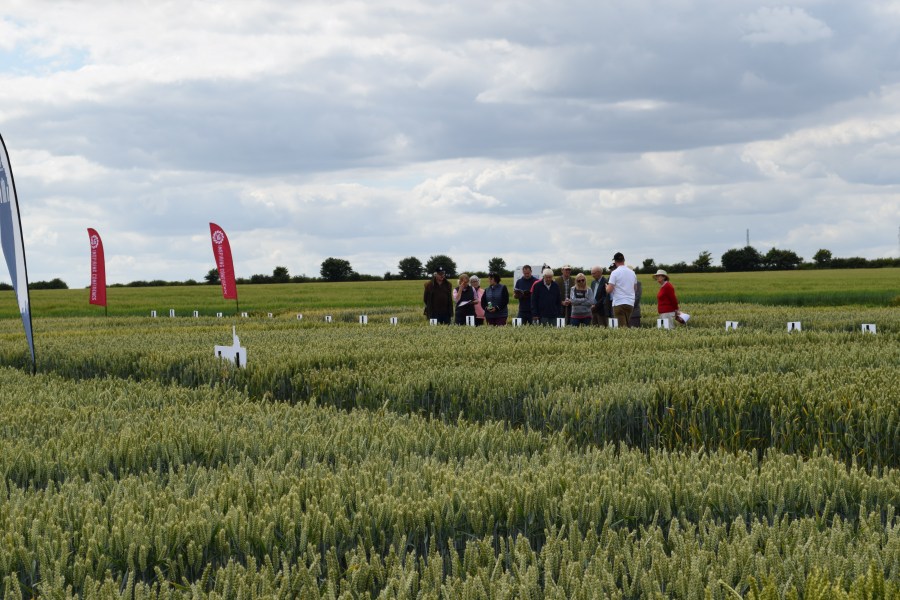Arable farmers favour local trials over national demonstrations when making variety choice decisions, a survey suggests.
The online questionnaire, instigated by plant breeder Limagrain UK, indicates 86% of participants believe information from regional variety demonstrations is more relatable than insight from national events.
According to Limagrain’s Tom Barker, this is because they offer the chance to see how new and existing varieties perform in local soils, climate and disease situations.
“43% of farmers responding to the survey have attended a regional event with variety trials in the past 12 months, compared with just 28% that have attended a national event. Around one quarter have taken part in an online trials webinar, such as those organised by AHDB or NIAB TAG.”
Focus on technical information
The survey also suggests that three-quarters of growers are prepared to travel up to an hour or more to visit a regional trial, and in addition to location and practical considerations, the quality of technical information is a major influencing factor on attendance.
Tom says this shows growers value the opportunity to gather technical information on individual varieties and how to grow them, along with the ability to compare treated and untreated plots.
“Other areas of interest include late versus early drilling comparisons, different methods of establishment, alternative fungicide programmes, and trace element/micronutrient work,” says Tom.
Crops of interest
Cropping-wise, the survey indicates winter wheat varieties are generally of most interest, followed by winter barley, spring barley, oilseed rape, then minor crops.
“It’s also clear from the survey that, while growers take information from a range of sources when making variety decisions, including independent bodies, breeders, agronomists, and seed merchants, the vast majority (93%) would confidently select a variety based on what they’d seen or learned at a variety trial,” says Tom.
“Limagrain UK organised the survey to find out what growers want from trials events and how we can tailor them to their needs in the future.”




